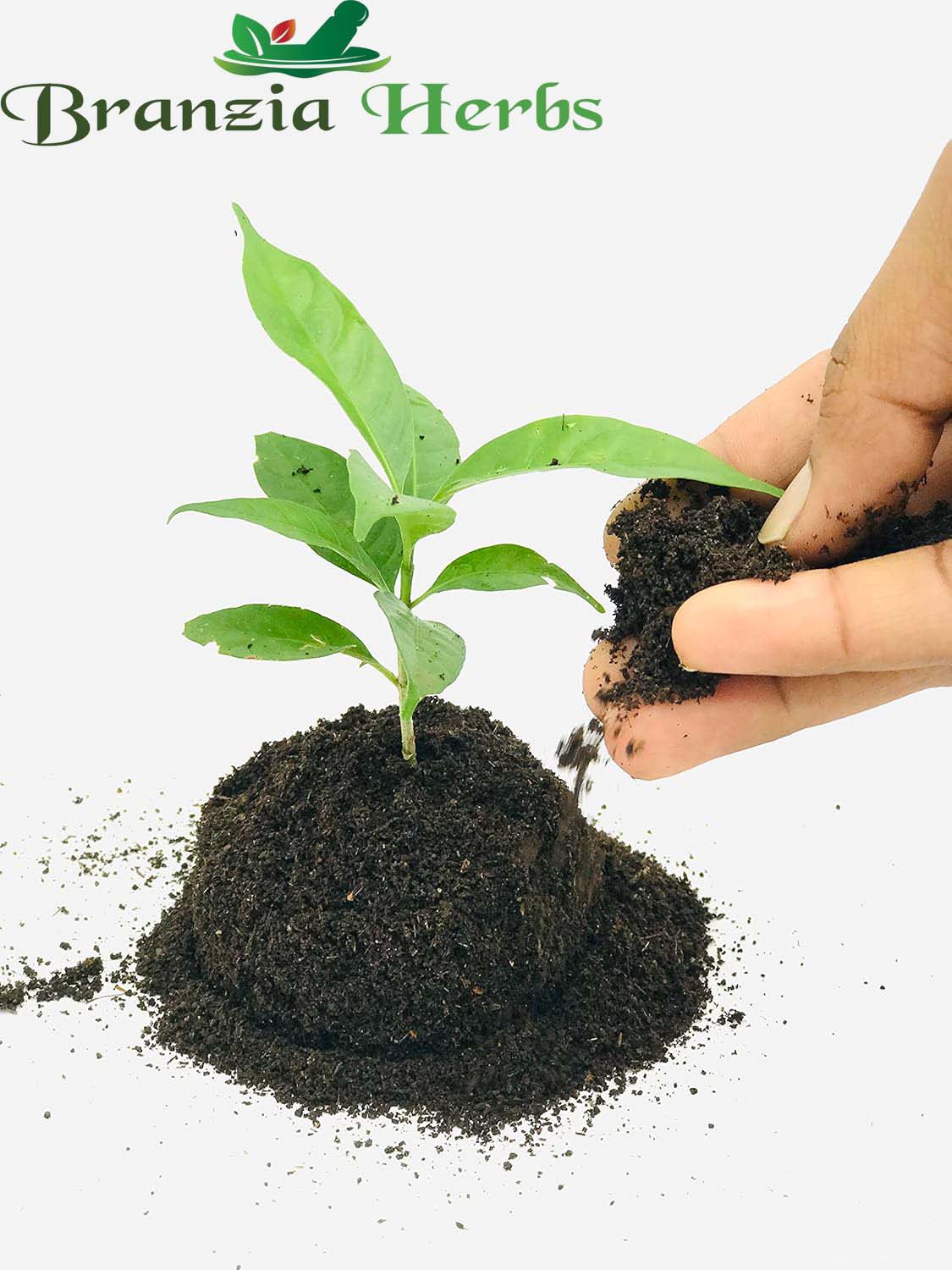

- Choosing a selection results in a full page refresh.
Available 24/7 at
+917568777778


Diabetes Management:
Digestive Health:
Antioxidant Properties:
Anti-inflammatory:
Oral Health:
Skin Health:
Powder:
Infusions:
Extracts:
Topical Applications:
Dosage:
Pregnancy and Breastfeeding:
Interactions with Medications:
Underlying Health Conditions:
Get the latest updates on new products and upcoming sales
Thanks for subscribing!
This email has been registered!
